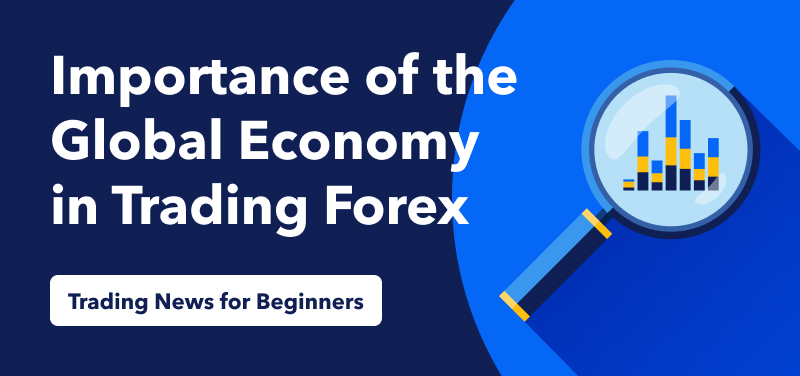Forex trading, also known as foreign exchange trading, is a decentralised global market where the currencies of different countries are traded. It is one of the world’s largest and most liquid financial markets, with an average daily turnover of over $6 trillion. This post will explore the role of trade forex in the global economy and what you need to know if you are interested in trading foreign exchange.
Contents
The Role of Foreign Exchange Trading in the Global Economy
Forex swapping is crucial in the global economy as it facilitates international trade and investment. When businesses import goods from another country, they need to pay for those goods in the local currency of the exporting country. Similarly, when businesses invest in a foreign country, they must convert their home currency into the local currency of the country where they are investing. Foreign exchange swapping allows these businesses to exchange currencies and manage their foreign exchange risks.
Moreover, when you trade forex, it ultimately impacts the exchange rate of currencies. Exchange rates determine the value of one currency relative to another currency. A change in exchange rates can affect the competitiveness of a country’s exports and imports, thus impacting its trade balance. Central banks of different countries also use foreign exchange swapping to manage their foreign exchange reserves and stabilise their currencies.
Factors That Influence Forex Trading
The following are the factors that influence the currency market:
Economic indicators: Economic indicators such as inflation, interest rates, GDP, and employment figures can have a significant impact on forex swapping. Higher inflation or interest rates can make a currency more attractive to investors, while weaker economic growth can make a currency less attractive.
Political events: Political events such as elections, trade agreements, and geopolitical tensions can also affect foreign exchange trading. For example, if a country is undergoing a period of political instability, its currency may weaken as investors become less confident in its economy.
Market sentiment: Market sentiment, or the overall mood of investors, can also influence forex swapping. If investors are optimistic about a country’s economy, its currency may strengthen, while if investors are pessimistic, its currency may weaken.
Trading Strategies in Foreign Exchange Trading
Foreign exchange swapping involves buying and selling fiat currencies to make a profit. Traders use a range of trading strategies to try and predict currency movements and make profitable trades. Some of the most common trading strategies in forex swapping include:
Technical analysis: Technical analysis involves analysing charts and historical price data to identify patterns and trends. Traders use technical indicators such as Bollinger bands, moving averages, and Fibonacci retracements to help them make trading decisions.
Fundamental analysis: Fundamental analysis involves analysing economic data and news events to try and predict currency movements. Traders use economic calendars and news feeds to stay updated with the latest developments that may affect the foreign exchange market.
Price action trading: Price action trading involves analysing the price movements of a currency pair to identify swapping opportunities. Traders use candlestick charts and other tools to identify essential support and resistance levels, which can help them make trading decisions.
Summing Up
Forex trading is vital in the global economy and is influenced by various economic and political factors. Traders use different strategies to make profitable trades, but it’s important to note that foreign exchange swapping comes with a high level of risk. Understanding the fundamentals and risks involved is crucial before venturing into forex trading.
